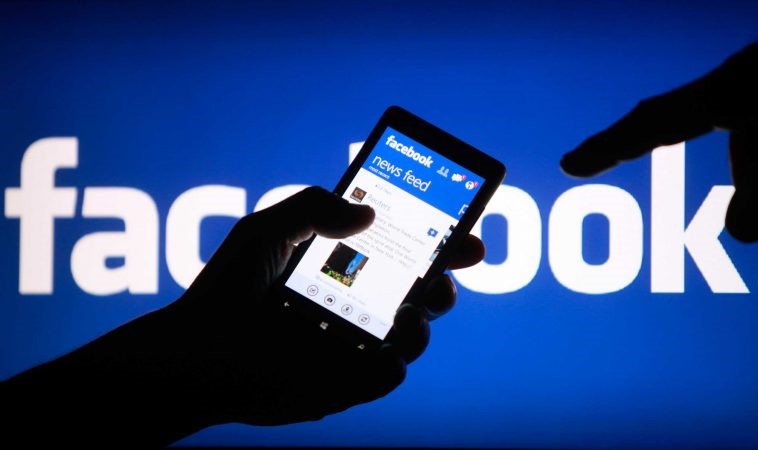Meta has taken a significant step to empower Kenyan content creators by introducing two key monetization features on Facebook—In-Stream Ads and Facebook Ads on Reels. These new tools allow eligible creators in Kenya to earn money from their video content shared on the platform.
Facebook Reels Ads: A New Avenue for Creator Earnings
With the seamless integration of Facebook Reels ads into the original Reels format, creators can now monetize their engaging content based on its performance. Meta’s initiative aims to elevate the creativity of Kenyan creators while enabling them to generate income from their work. This expansion sets a new standard for content creation globally, as it provides Kenyan creators with the opportunity to showcase their talents and be rewarded for it.

Moon Baz, Global Partnerships Lead for Africa, the Middle East, and Turkey at Meta, expressed the company’s excitement about the potential of African creators. “This expansion will empower eligible creators in the vibrant creative industry in Kenya to earn money, while also raising the bar for creativity worldwide. Meta’s family of apps is becoming the one-stop-shop for all creators,” said Baz.
Eligibility Criteria for Monetization on Facebook
To be eligible for these monetization features, creators must meet specific requirements. They need to comply with Facebook’s Partner Monetization Policies and Content Monetization Policies and must be at least 18 years old. For in-stream ads, creators are required to have a minimum of 5,000 followers.
The in-stream ads feature enables ads to play before, during, or after on-demand videos, whether pre-recorded or recorded from a previous live stream. The types of in-stream ads include pre-roll, mid-roll, image, and post-roll ads, offering creators multiple avenues to monetize their content.
Meta’s Commitment to Kenyan Creators
This development follows Meta’s earlier promise to introduce these monetization features to Kenyan creators, reaffirming the company’s commitment to supporting the local creative ecosystem. By providing these opportunities, Meta is not only empowering creators to earn from their creativity but also enhancing the visibility of Kenya’s vibrant creative industry on a global stage. This initiative aligns with Meta’s broader mission to support creators and foster a thriving digital ecosystem across Africa.
Monetization Challenges in Africa: A Call for Inclusivity
While this move by Meta is a positive step for Kenyan creators, it highlights the broader issue of monetization disparities across Africa. Despite the introduction of the In-Stream Ads tool seven years ago, only a few African countries, including Ghana, Nigeria, and South Africa, were initially eligible for these features. The recent inclusion of Kenya brings the total to just four countries, leaving a significant portion of the continent’s talented creators without access to these monetization opportunities.
This lack of access hinders the growth and visibility of local creative communities, as creators in other African countries miss out on opportunities to turn their hobbies into professions. Without the ability to monetize their content, the creative community in these regions risks stagnation, which could lead to a decline in the quality and quantity of content produced. This creates a vicious cycle where the lack of monetization leads to decreased engagement and, ultimately, less value for platforms like Facebook in these markets.
Breaking the Cycle: Expanding Monetization Across Africa
To address these disparities, Meta could consider expanding access to monetization tools across the continent. By offering exclusive access to a select group of creators as part of a testing phase, Meta could gather valuable insights while supporting the growth of the creative community. This approach would not only embrace diversity but also demonstrate Meta’s commitment to inclusivity in the digital space.
The Ban on Facebook in Uganda: A Barrier for Creators
However, challenges remain in countries like Uganda, where Facebook has been banned since 2021 due to government concerns over security and national stability. The Ugandan government blocked the platform, along with other social media sites, ahead of the general elections, citing the need to prevent the spread of misinformation and maintain public order. Despite calls from citizens and civil society organizations to lift the ban, the government has remained steadfast in its decision.
This ban has forced Ugandan content creators to use VPNs to access Facebook, complicating their ability to engage with the platform and monetize their content. The situation in Uganda underscores the broader issue of digital access and freedom across Africa, where governmental policies can significantly impact the ability of creators to participate in the global digital economy.
Conclusion: A Path Forward for African Creators
As Meta continues to roll out monetization features in Africa, it is crucial to address the disparities that exist across the continent. Expanding access to these tools and promoting digital inclusivity will empower more creators to monetize their content, contribute to the growth of local creative industries, and enhance Africa’s presence on the global stage. For platforms like Meta, embracing diversity and inclusivity is not just a moral imperative—it is essential for fostering a thriving digital ecosystem that benefits creators and audiences alike.







